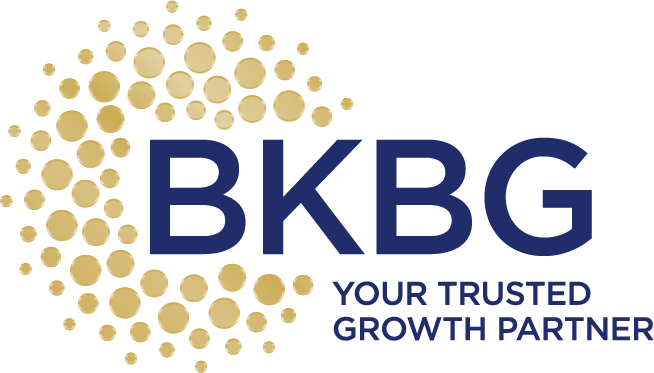Is Ignorance Bliss
The saying "Ignorance is bliss" comes from Thomas Gray's 1742 poem “Ode on a Distant Prospect of Eton College.” The phrase has both positive and negative connotations. On the one hand, if you don’t know something, don’t worry about it. Conversely, ignoring a situation that you might not be aware of or should understand can have damaging consequences. The phrase takes on a different meaning when you interact with people and team members who pretend to have knowledge and skills that don’t exist. You can’t help someone who does not admit that they don’t have a clue.
It's difficult for most people, especially team members to say, “I don’t know.” The reasons are many. People don’t want to admit to their limitations. Others don’t want to appear to be misinformed or perceived as lacking intelligence. However, if you don’t know the answer to a question or have information that was requested, it’s okay to say, “I don’t know,” because not only are you being honest, but you also set an example for others to be clear about what they do not understand.
Admitting that you don’t know something provides the opportunity to learn, grow and improve. How you ask questions of your team can provide a safe harbor for admitting ignorance. If you ask a team member if they are aware of a problem on the Johnson project, most likely they would respond in the affirmative even if they don’t know about the problem. They then have time to determine the nature of the problem. A better alternative would be to ask about the status of the Johnson project, if it was on schedule and on budget.
If you have clients or team members who often overstate their knowledge, you can ask them to explain how they would solve a problem or the approaches they would take to improve project management. Offer to share your approaches and how you address problems. When you ask for specifics, you shine a spotlight on what’s most important and you will learn what a client or team member needs to know.
There are times when tact is not the best approach. If team members consistently overstate their knowledge or are unwilling to say, “I don’t know,” call them out. Identify specific examples and then explain what you would expect them to say if they do not have an answer or are unaware of an issue. This may be as simple as stating, when you don’t know something this is how I expect you to respond, “I don’t know. What information can you share that I can use to address the problem.”
Most team members want to please the owner. Most showrooms want to please their clients and this may involve overstating what is known. However, when your team understands the expectation, they will become more comfortable admitting to lack of knowledge and that in turn will create a learning opportunity.
